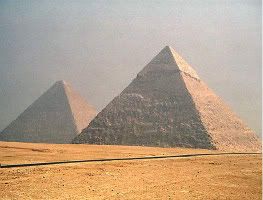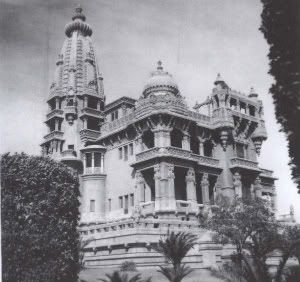Copyright © 2009 Aleya Rouchdy, All Rights Reserved
Professor Fallou Ngom commented on my previous post 'Spoken Languages - Foreign Scripts,' and sent me two articles where he discusses, among other things, the use of "Ajami" in Senegal. I will add the references at the end of this post.
Professor Ngom deals with the effect of a modified Arabic script on the phonology of African languages. He said that "the influence of Arabic in the languages he works with is primarily lexical, but the phonology of Wolof and Fuuta Jalon Pular, is virtually intact."
"Wolofal refers to the adaptation of the Arabic script to transliterate Wolof. It involves the addition of new diacritics (mostly dots called "tomb" in Wolof) on some Arabic letters to transcribe Wolof sounds that do not exist in Arabic. This system is widely used among older Senegalese Muslims." p. 110, quoted from his article on Etnic Identity and Linguistic Hybridization in Senegal.
According to Professor Ngom, the early spread of Islam (14th century) accounts for the "linguistic influence of classical Arabic. However, the Arabic language has never been used as a major medium of communication in the daily life of the Senegalese people. Its use was and is still primarily restricted to religious sphere." p.96, quoted from the article mentioned above.
Professor Ngom's research would be of great interest to anyone interested in Sociolinguistics.
Such as in the topics of languages in contact, borrowings, calques, creole, and/or identity and linguistic varieties.
References of articles written by Professor Fallou Ngom:
1. Ethnic Identity and Linguistic Hybridization in Senegal. Int'l. J.Soc. Lang. 170 (2007), pp. 95-111.
2. Sociolinguistic Motivation of Lexical Borrowings in Senegal. Studies in the Linguistic Sciences, Volume 30, Number 2 (Fall 2000), pp. 159-172.
Oct 26, 2009
Subscribe to:
Post Comments (Atom)





No comments:
Post a Comment